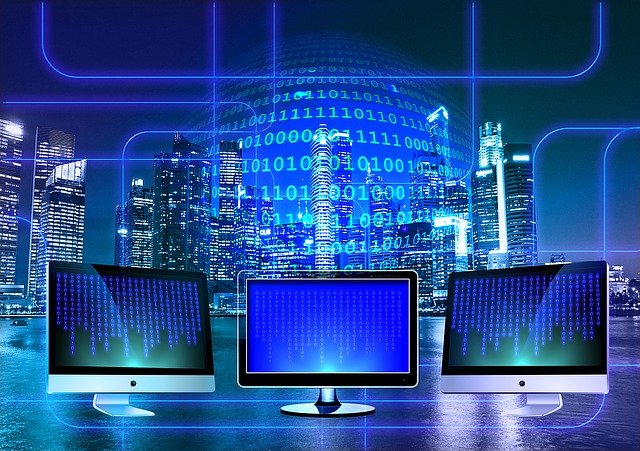Computers have changed quite a bit over the years. It wasn’t all that long ago that one would only find networked computing devices within a university. And those systems would take up an entire room. Now computers that are thousands of times more powerful sit in most people’s pockets. And the power goes up far more when scaled to the size of laptops or desktop computers.
However, there’s one surprising element which hasn’t changed all that much. The method by which computers access networks has grown over the years. For example, wifi and wireless technologies are generally expected in any given area. But the underlying specifications are still based on standards that date back to the mid-1970s.
If you think that sounds like a potential security risk than you’re not alone. More and more people are recognizing the insecurities at the heart of some basic networking assumptions. And this isn’t something only happening at the top level of high powered companies. It’s as much for people who have a bank account they access over the internet as it is for banks themselves.
The easiest and most powerful solution
Thankfully there’s not a huge amount of debate over the easiest methods to instantly boost security. A VPN sits in a perfect spot between user-friendliness, versatility, and power. Some, like TorGuard, even offer full integration with almost any device that can connect to the internet.
Of course, this sidesteps the questions about the very nature of a VPN. One can essentially think of it as a secure relay point. The specifics can vary depending on any individual application. But in general, internet traffic works along a simple principle. A request is sent and relayed over certain transmission points until it reaches a hosting server. The server then serves up data based on that request. It could be anything from a web search to bank account information.
What matters the most is how many points are covered in order to move data from one’s computer to a remote server. Every point of access is a potential security concern. A good way of illustrating this is by considering credit cards.
Nobody would have a problem handing their credit card to a cashier. But things become worrisome if someone needs to hand the credit card to a friend of a friend to take over to the cashier. With internet communication, it can even be thought of as handing things off to a friend of a friend of a friend.
A VPN is more along the lines of doing that while it’s safe in a securely locked box. One which only you and the cashier have a key to. However, the benefits go far beyond that example. A VPN begins by encrypting the transmission. This is the stage similar to that of a locked box. Even if a relay between two points wanted to copy that data it wouldn’t be able to do anything with it.
A wide variety of benefits
One big benefit is that a VPN instantly solves most security concerns involved with the use of public wifi points. This doesn’t just save people from undue stress. It also helps to save the time normally spent putting preventative measures in place. Banks and the like put a lot into their cybersecurity. But the protective measures of any agency won’t help customers unless something like a VPN is used to ensure communication with them is equally secure.
But the benefits go beyond security. It’s not just about preventing bad things from happening. It’s also about finding ways to enrich day to day life. One of the biggest advantages there comes from region locking.
Most entertainment media is region locked in one way or another. Gamers are well aware of the fact that a game bought in one country might not work in a console within another. And DVD or Blu-ray movies are often locked to a particular region as well.
What’s less well known is that streaming media has even wider levels of region locking. International companies still need to negotiate for distribution rights on a country by country basis. This leads to situations where a video on Netflix might be visible in Canada but not the US. In fact, region locking from Netflix and Youtube are among the biggest reasons people choose to use a VPN.
A VPN can essentially report itself as located in any given region. That means the entire library of a digital streaming service content is now available. A similar situation exists for BBC content from the UK. This is highly locked down to people within the country. But using a VPN, one can access the BBC’s online player.
The benefits really continue on from there. It’s essentially taking the internet and making it safe again. While also turning it back into the truly worldwide network it was meant to be.



